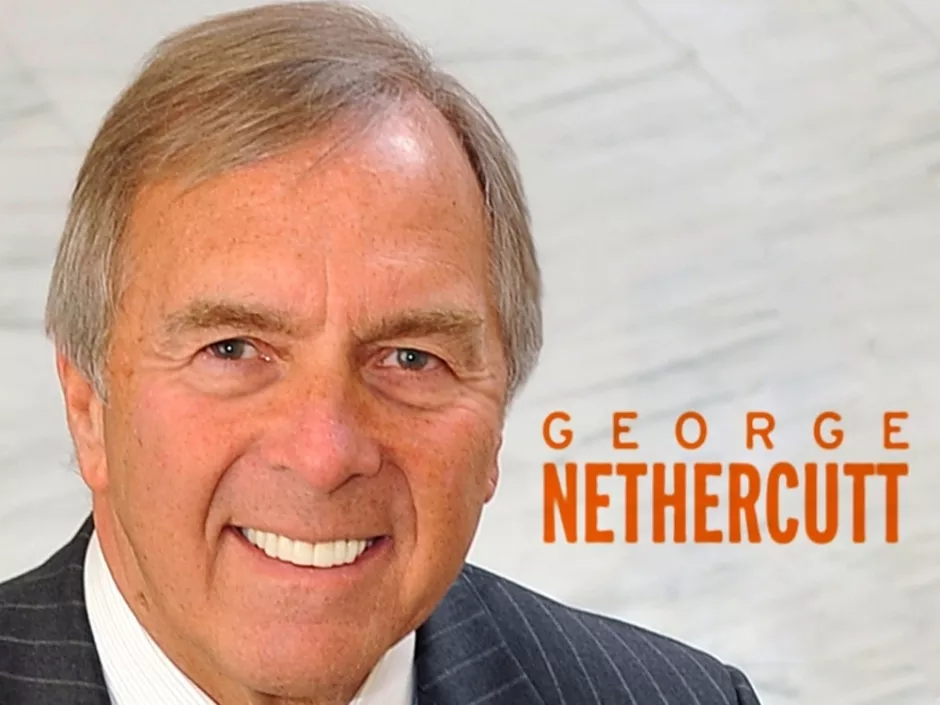When President Obama was elected in 2008, he promised “Hope and Change.” Because Americans have experienced drastic change under the current administration, hope has rightly waned across our nation. The elections of 2012 will deliver change that will bring hope to American voters who long for fiscal order and a return to truly representative government and a renewed economy.
Recent Gallup polls show President Obama with a 43 percent approval rating, 72 percent of Americans believing that the U.S. economic outlook is getting worse, with 49 percent considering American economic conditions “poor.” Approval ratings for Congress are in the tank, hovering between 9 and 13 percent. Voters are generally fed up — with the president, Congress and other national leaders. They want change. Voters are motivated to replace decision-makers responsible for a staggering $3.7 trillion budget, a rapidly growing $15 trillion debt and a stalemated national government.
This attitude started with the Tea Party movement and has been underscored by the Occupy Wall Street (OWS) campaign occurring in many American cities. These campaigns seek different results but have the same motivation — dissatisfaction with the status quo. A recent photo of one OWS protester in the Washington Post showed a man wearing a mask inscribed “end capitalism.” Tea Party members join most Americans in not wanting to end capitalism; they simply want it to work within the context of a smaller, less debt-ridden U.S. government.
Both sides are correct to object to the status quo — it’s unsustainable. As total U.S. debt reaches 100 percent of our gross domestic product (GDP), action must be taken to reduce spending while increasing GDP through economic growth. A healthy ratio of any nation’s debt to GDP is below 90 percent. More European countries are facing debt-to-GDP ratios well over 100 percent, and that’s partly why their economies are struggling. Tax increases alone won’t solve the deficit problem.
Furthermore, U.S. personal income
disparities are growing larger. The rich are getting richer and the
ranks of the poor are growing precipitously as high unemployment
continues and economic growth is slow. Many OWS demonstrators are part
of the struggling class (except for violent hooligans), legitimately
crying out against excessive income disparity and government and
corporate leaders who could be more sensitive to the needs of middle-
and lower-income earners.
But how did we get to this moment in American history, a place where policymakers seem helpless to offer a way out of this forest of discontent?
Republicans and Democrats have believed for years that the federal treasury could be used to secure re-elections. Congressional districts configured like Rorschach tests assured incumbent longevity. Leaders found it too easy to spend taxpayer money differently than if it were their own. Too often, lawmakers beholden to their political party affiliations go against what might be good public policy for a majority of Americans. Fraternization between Democrats and Republicans is discouraged, stifling personal relationships that might yield legitimate policy compromises, rather than gridlock.
The congressional “Super Committee” was deemed destined for failure early on in Washington, D.C. circles — the political left and right just couldn’t come together for the country’s good. Besides, the mission of finding savings of $1.2 trillion over 10 years was deemed a paltry sum, as the U.S. government will incur many trillions more in debt by 2023.
The post-2012 election implementation dates for Obamacare and “deficit reduction” surely anger voters frustrated with unemployment and rising consumer prices. Voters know politicians have delayed the effects of their policy decisions to avoid election consequences — and they don’t like it. Incumbent politicians voting for Obamacare and ignoring deficit reduction have earned their endangered species status for 2012.
Loss of confidence in national leaders
poses potentially serious consequences for American society. When public
frustration boils over, revolutions occur, and the public demands
change. The United States is not exempt from the type of unrest that has
occurred in the Middle East, as freedom-seeking citizens there riot
over cultural and economic restrictions imposed by oppressive
governments. Hopefully, American economic and political frustration is
demonstrated only at the ballot box next year.
The assignment for policymakers is to not only reduce our staggering U.S. debt but address the legitimate needs of individuals and families on the lower end of the economic spectrum by developing policies that not only respect our market-oriented economy but acknowledge legitimate human needs. That can be done if policymakers look beyond the unyielding requirements of special interests that drive party politics today. Democrats in charge haven’t done it, but a new president and Congress could, and that’s the promise of 2012.
There’s no question that the federal government is too big and spends too much, and our tax system is riddled with unfairness. The next president and Congress must undertake a major overhaul of the American government. If done sensibly, the public will accept an overhaul that gives hope to those affected and encourages a culture of patriotism that cares for those truly in need while incentivizing those who need encouragement. Doing so will require hard work — and change — and will require lengthy explanations to an often-distracted public.
President Obama has missed a unique opportunity to change America for the better. Instead, he’s added to the government-heavy, class-warfare disparity and leadership arrogance that upsets so many voters.
He brought change in 2008 but failed to inspire American hope — a hope that wise and experienced leaders can restore.
George Nethercutt is the former congressman representing the 5th District of Washington. His column appears here once a month.




















